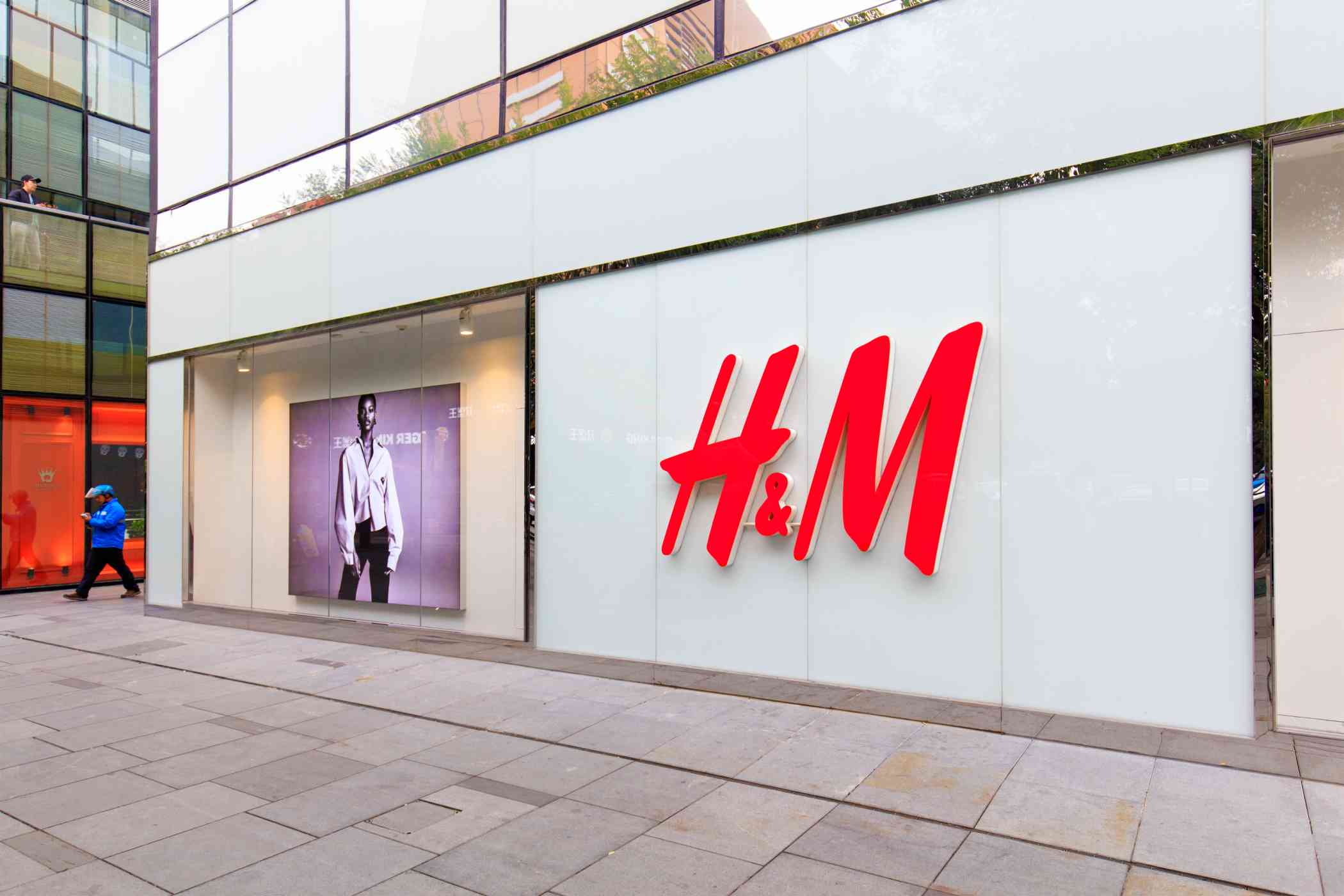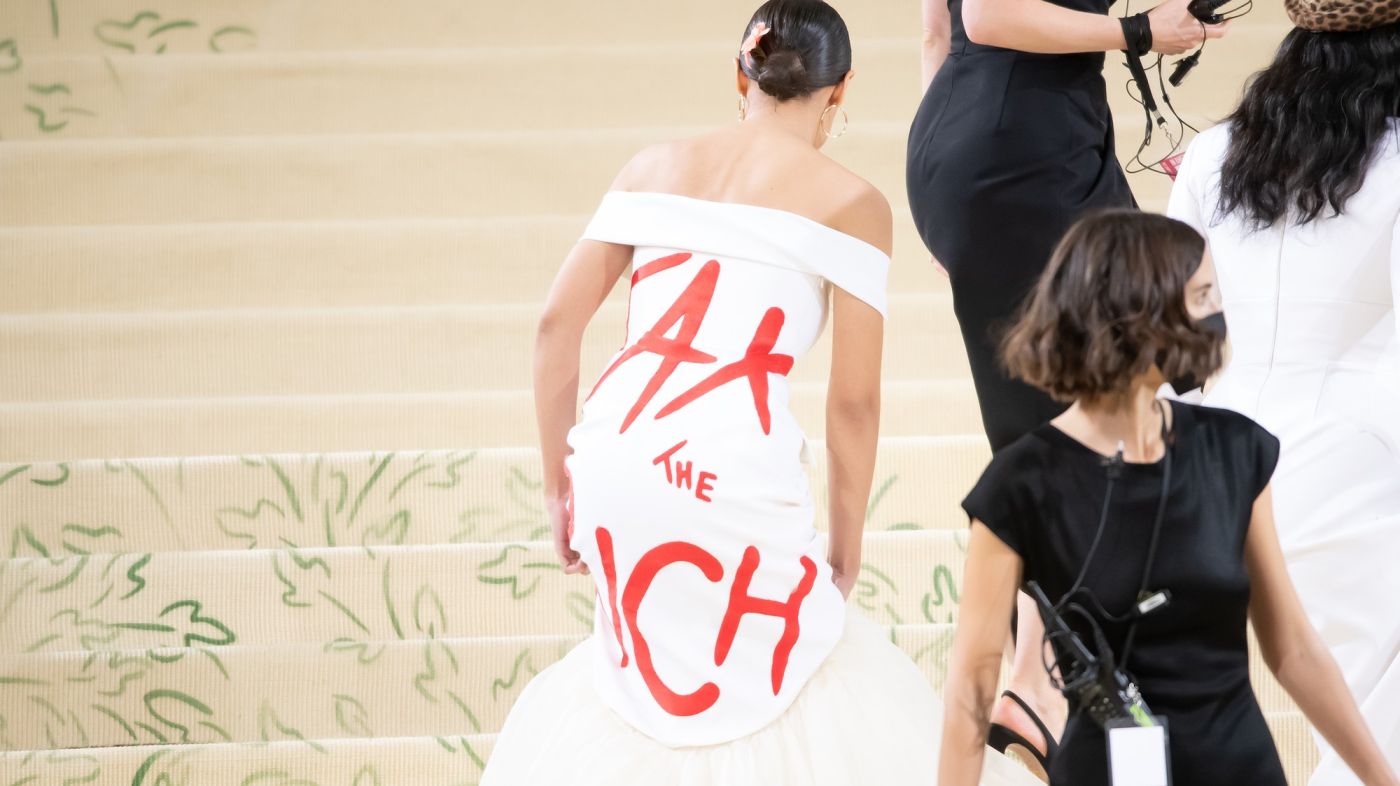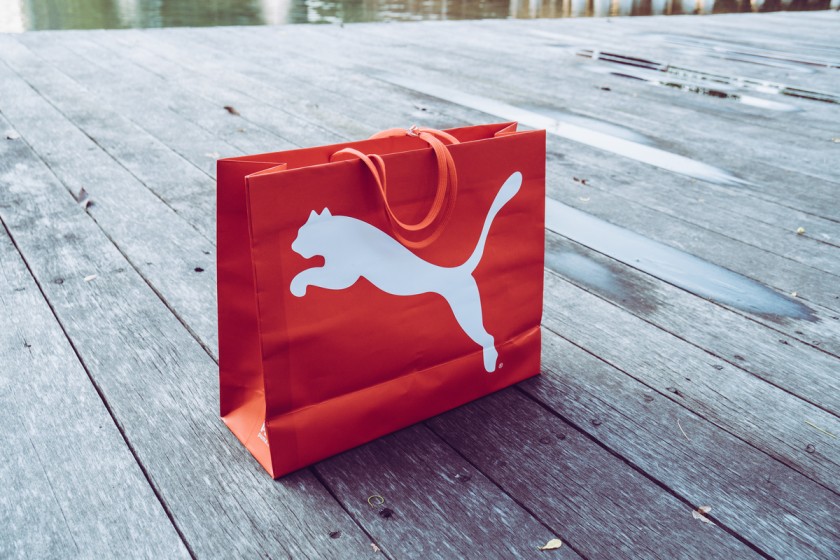H&M Faces Shutdowns And Boycotts In China: Here's What Happened!



The fashion industry is not immune to global politics. The truth surfaced rather prominently when China decided to push H&M out of the Chinese market after an allegation labelled Xinjiang, the leading producer of cotton in China, of forced labour.
The Root of the Controversy
The Xinjiang region produces more than 20% of the world’s cotton and 84% of China’s. But a recent report on coercive labor (released by the Center for Global Policy) unveiled significant evidence of human rights violations, including suspected forced labor of Uighur and other Turkic Muslim minority people. As a consequence, many US and UK based fashion brands had to deal with boycotts and systematic elimination from the Chinese market.

China is H&M’s fourth-largest market after Germany, the United States and Britain. The brand was thrown into a financial turmoil after a campaign to boycott the brand emerged on Chinese social media. The controversy took its roots after H&M Group stated that the brand would no longer source cotton from XUAR (Xinjiang Uyghur Autonomous Region) due to forced labour concerns. A segment of netizens and campaigners were of the view that the statement was an act of defamatory political conspiracy.
What has happened to H&M in China since then?Over almost a week, at least 40 high profile Chinese celebrities revoked lucrative sponsorship contracts and brand partnerships with a number of foreign-owned clothing brands, including H&M and Nike. H&M’s has over 500 stores in China. None of them showed up on ride-hailing app Didi Chuxing or map services operated by Alibaba and Baidu.
The company’s products vanished overnight from major Chinese e-commerce platforms like Alibaba and JD.com. The brand’s smartphone app went missing from app stores too. Many Chinese shoppers have also called for these brands to be boycotted. The Communist Youth League expressed sentiments of discontent on Weibo. They wrote : “Spreading rumours to boycott Xinjiang cotton while trying to make a profit in China? Wishful thinking!”

Multiple physical stores of H&M in China had to be shut down as a result of the campaign. The brand’s shops in Beijing, Urumqi (the capital city of XUAR) and Chengdu have all been temporarily closed owing to the boycott. An H&M outlet in Shanghai had only a handful of customers on Friday afternoon. The salesman of the outlet has expressed concerns about the backlash. The ban of foreign companies is likely to hurt the livelihoods of local employees of the targeted brands.
The ruling Communist Party’s Youth League launched further attacks on H&M following the European Union’s decision to join the United States, Britain and Canada in imposing sanctions on Chinese officials blamed for abuses in Xinjiang. While the brands and the nation fight out their cold war on the global stage, the future of industry hangs on a thread of uncertainty.



















